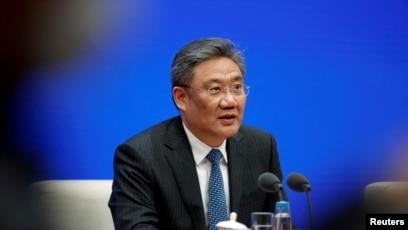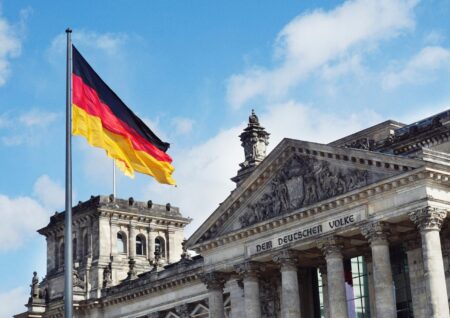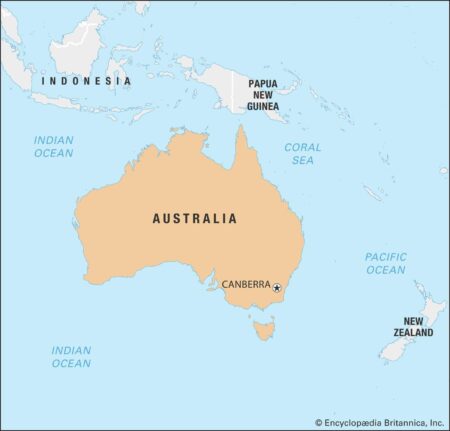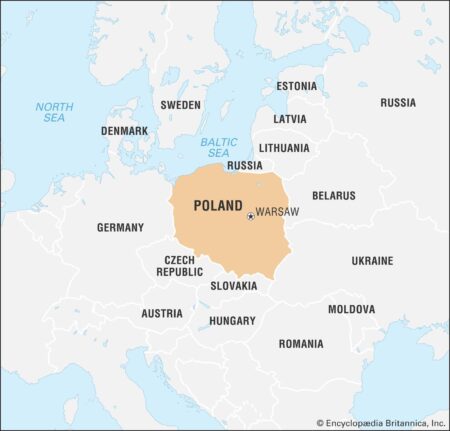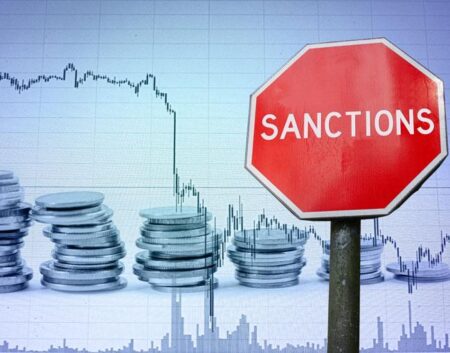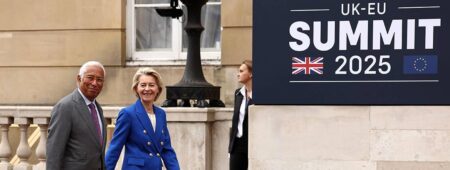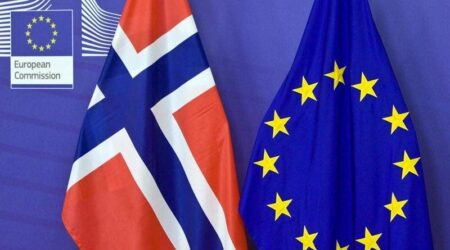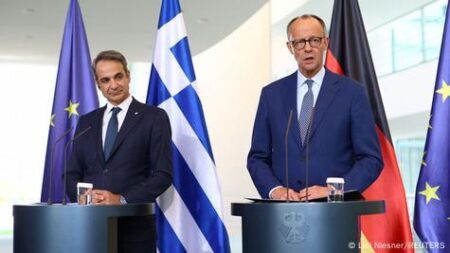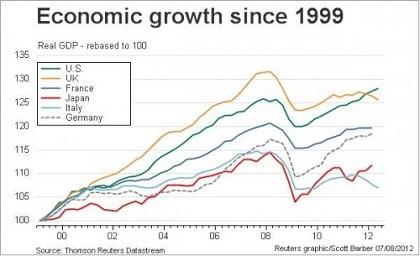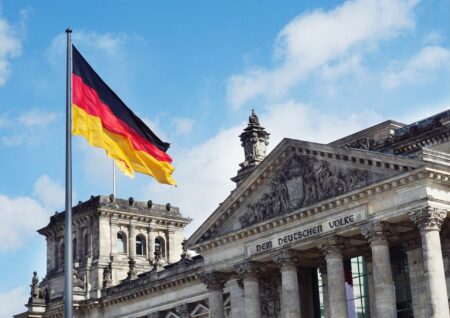Italy and Germany have hit the pause button on vital EU green deal legislation aimed at sparking revolutionary biotechnology innovation, igniting economic and regulatory concerns. This move risks derailing the EU’s bold climate and sustainability goals
Browsing: European Union
The Foreign Ministers of France, Germany, and the UK, alongside the EU High Representative, have powerfully reaffirmed their commitment to diplomatic solutions and bolstering European unity in addressing vital global challenges
Chinese and EU trade officials have reignited talks following Ursula von der Leyen’s recent passionate remarks on market access and human rights, aiming to ease tensions and breathe new life into their economic partnership
Europe’s rights chief has delivered a stinging rebuke of Germany’s handling of Gaza protests, urging authorities to safeguard the right to peaceful assembly and avoid harsh crackdowns. These comments come amid rising tensions fueled by the ongoing conflict in the region
French President Emmanuel Macron has launched a bold new initiative with EU partners, determined to halt the rising tensions between Iran and Israel. Centered on diplomatic dialogue and promoting regional stability, this ambitious effort seeks to open the door to lasting peace, France 24 reports
Stellantis and Renault are urging the EU to ease regulations, spotlighting the growing threat from Chinese small car makers. The automakers caution that stricter rules could put them at a disadvantage in an ever more competitive market
Australia is gearing up to enter talks with the European Union about joining a defence pact, aiming to strengthen security cooperation amid rising geopolitical tensions, The Guardian reports
Germany takes center stage as Italy expands the European nuclear alliance, signaling a groundbreaking shift in regional defense dynamics. This bold step underscores a growing partnership, strengthening Europe’s response to an evolving security landscape
Poland is “very likely” to reinstate border controls with Germany, officials reveal, as part of a bold move to manage the rising flow of migrants. This measure aims to curb cross-border migration and strengthen security along the frontier
Germany and Denmark have joined forces, pledging a strong and united stance on immigration. Together, they are championing tougher controls and deeper cooperation to better manage migrant flows and enhance border security-signaling a bold move toward more coordinated migration policies across Europe
The EU has unleashed a bold new wave of sanctions targeting Russia’s crucial economic lifelines, focusing sharply on energy exports and key financial institutions. This decisive move intensifies the pressure amid rising tensions, signaling Brussels’ unwavering resolve and stronger stance than ever before
The upcoming EU-UK summit offers a pivotal moment to redefine post-Brexit relations. Key discussions will focus on trade, security, and cooperation, aiming to forge a new and enduring partnership
Germany is reportedly gearing up to introduce a 10% digital tax aimed at tech giants like Alphabet and Meta, seeking to boost revenue from their massive online activities within the country, sources reveal
Germany has greenlit Ukraine’s request to deploy German-made weapons for strikes inside Russia, signaling a bold new chapter in support amid the ongoing conflict. This move underscores rising tensions and a dynamic shift in aid strategies
The EU has issued a strong warning to Spain’s government, urging them not to block BBVA’s ambitious bid to acquire Banco Sabadell. Highlighting the importance of fair competition and regulatory neutrality, Reuters reports this move could shape the future of Spain’s banking landscape
Tensions are escalating as German-Greek relations strain over conflicting refugee policies. Berlin pushes for tougher controls, while Athens demands increased EU support to handle the surge in migrant arrivals. Diplomatic talks are now underway to find a resolution to this growing dispute
Spain and Portugal have called on the EU to fast-track power interconnection projects with France after a recent outage. This push seeks to boost grid stability and strengthen energy security throughout the Iberian Peninsula
Germany’s Friedrich Merz has come under fire for his contradictory statements about long-range weapons for Ukraine. His comments have ignited a lively debate within the government, underscoring the deepening divisions over military support amid escalating tensions
As global tensions rise, Germany stands at a crossroads, grappling with pivotal decisions that will shape its economic destiny. Yet, leading economists caution that Friedrich Merz’s plans for rearmament and austerity might fall short in tackling the deeper issues of sustainable growth.
Germany is urging for tougher sanctions against Russia as President Putin escalates military operations in Ukraine. Officials are highlighting the importance of a united European front to effectively combat Moscow’s aggression and uphold Ukrainian sovereignty



